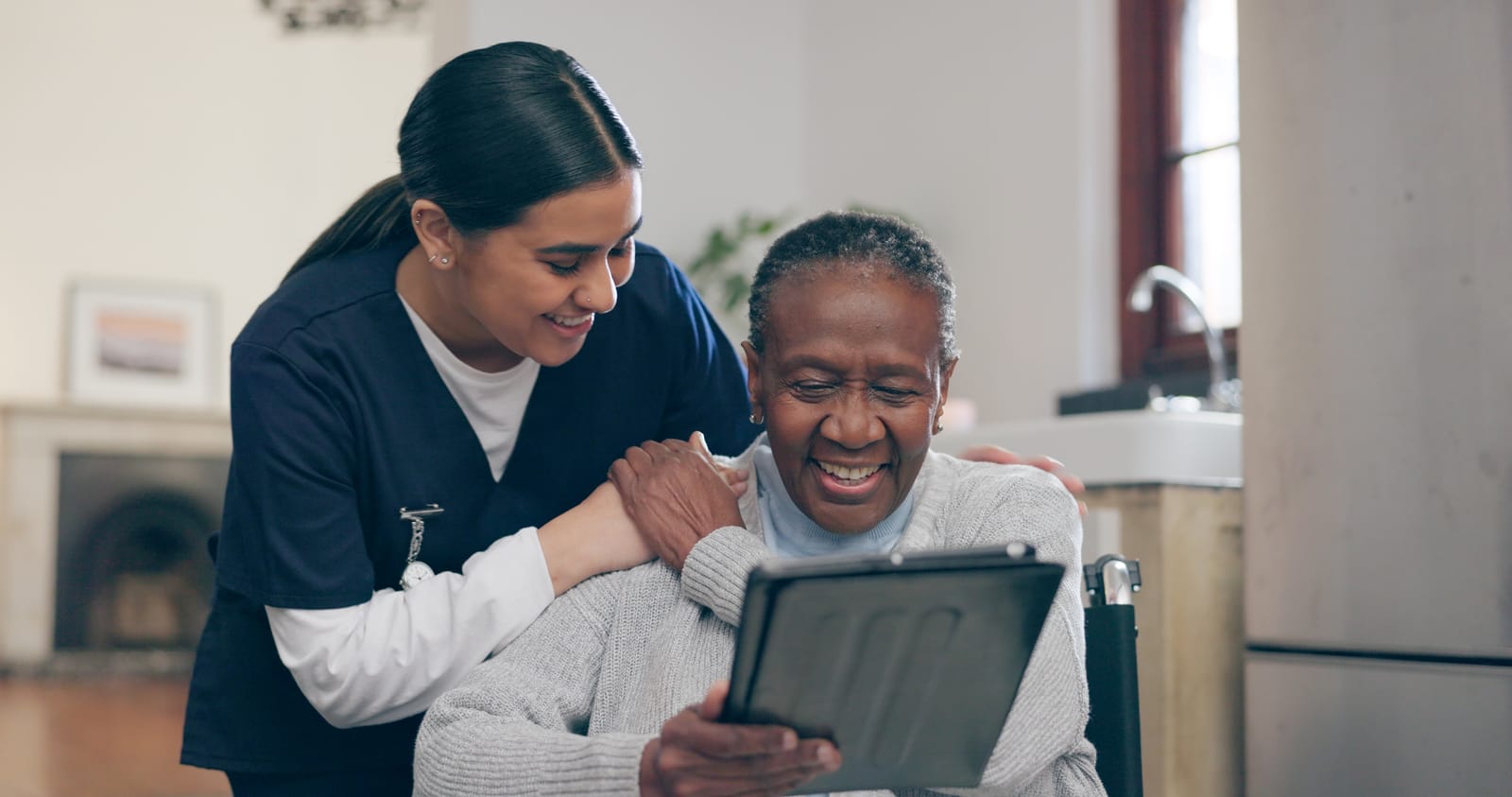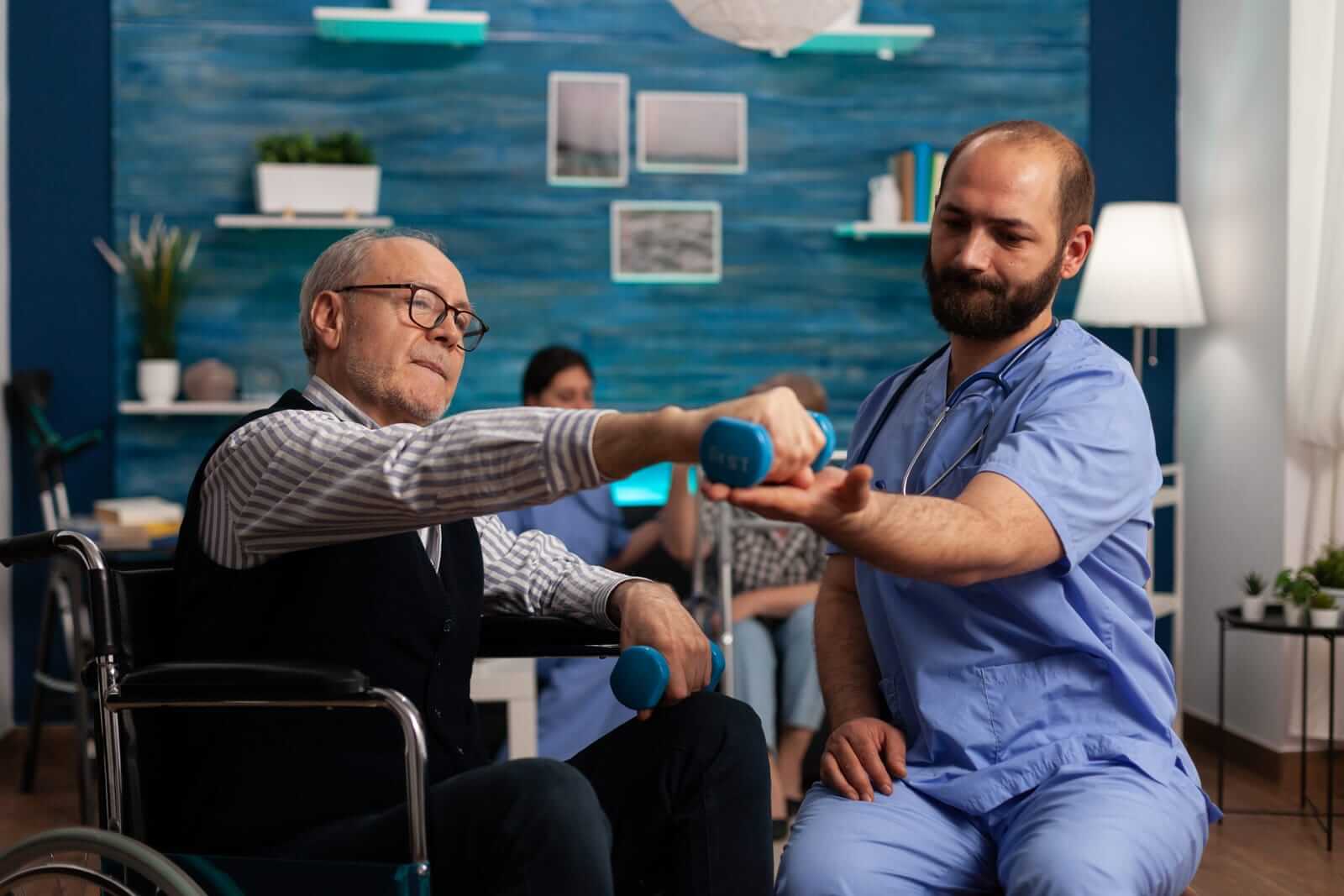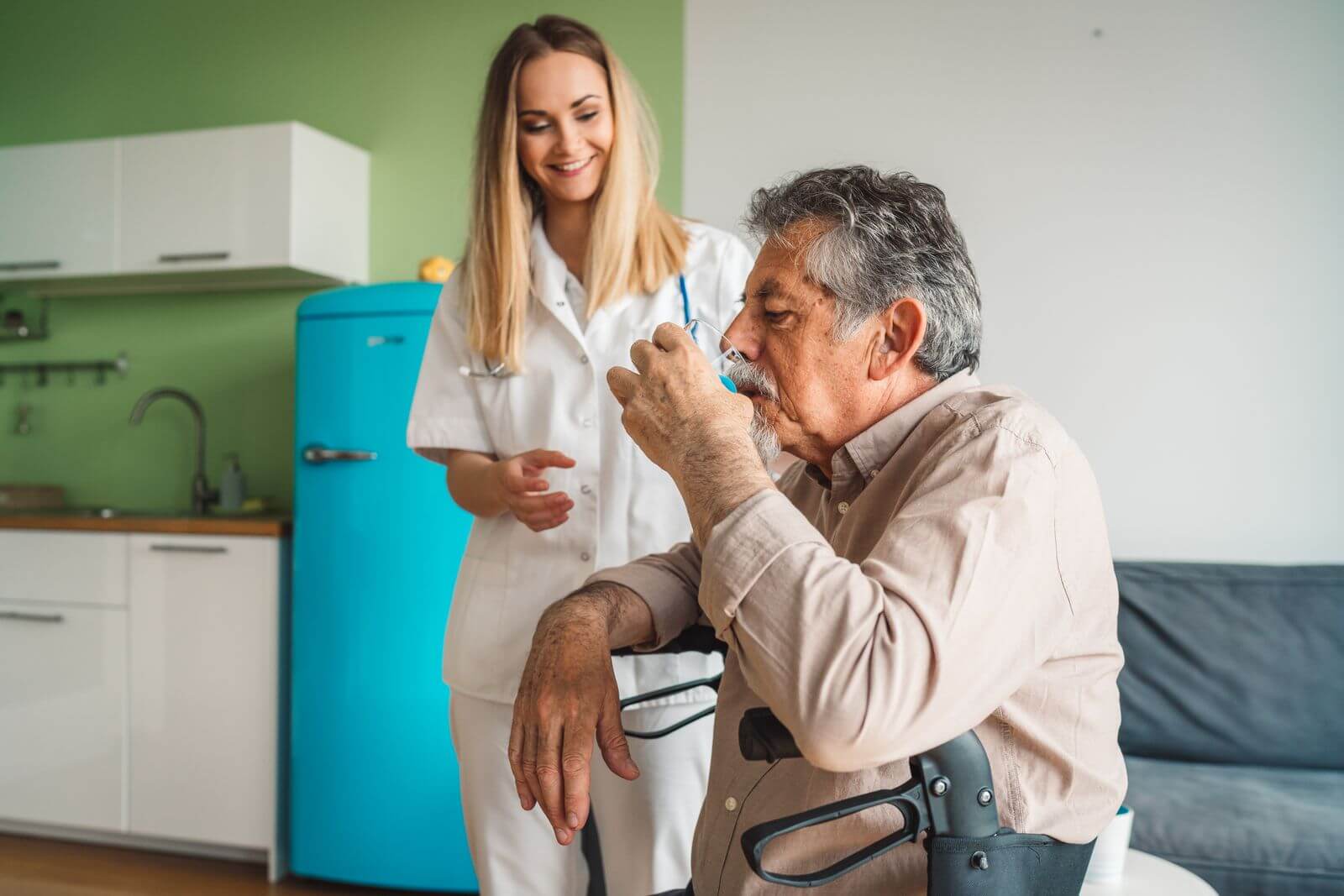Being a caregiver is no small task! It takes a lot of patience, compassion, and expertise to provide quality care for those in need. It’s essential to have a range of skills to be successful.
In this blog post, we’ll be exploring the different types of skills that caregivers should possess to provide the best possible care.
From communication and problem-solving to organization and time management, each of these skills plays an important role in delivering high-quality care. So, read on to learn more about the skills needed to be a successful caregiver!
See Also: Duties & Responsibilities of Caregivers for Seniors
Types of Skills Caregivers Should Have
-
Empathy and Compassion
Caregivers should have a strong sense of empathy and compassion when caring for others.
This means being able to understand the emotions, feelings, and needs of those they are taking care of. It also requires having patience in difficult situations as well as an ability to remain calm under pressure.
-
Communication Skills
Caregivers should have strong communication skills to effectively communicate with the people they are caring for. This includes being able to listen carefully and understand what is being said, as well as having the ability to express themselves clearly and concisely.
Good communication also involves understanding body language, facial expressions, tone of voice, and other nonverbal cues that can help caregivers better understand their patients’ needs.
-
Organizational Skills
Caregivers should have strong organizational skills to effectively manage their tasks and responsibilities. This includes being able to prioritize tasks, create schedules, keep track of appointments and medications, and maintain a clean environment for the patient.
Additionally, caregivers need to be able to multitask efficiently while still providing quality care. Organizational skills are essential for any caregiver as they help ensure that all needs are met efficiently.
-
Patience
One of the most important skills a caregiver should have is patience. Caregivers must be able to stay calm and composed in difficult situations, as well as be understanding and empathetic towards those they are caring for.
Patience allows caregivers to remain focused on providing quality care while also managing any challenging behaviors that may arise.
It helps them to maintain their composure when faced with stressful or unexpected circumstances, which can help ensure that the person receiving care feels safe and secure in their environment.
-
Adaptability
Caregivers should have a high degree of adaptability to be successful. Adaptability is the ability to adjust quickly and easily when faced with new or changing situations. It requires being able to think on your feet, problem-solve, and take initiative without hesitation.
A caregiver must also be comfortable working independently as well as part of a team to provide quality care for their patients.
You Might be Looking for: Senior Caregiver in Bangkok Thailand
Being flexible and open-minded are key traits that all caregivers should possess to effectively meet the needs of those they serve.
-
Problem-Solving
Caregivers should have strong problem-solving skills to be successful. Problem-solving involves the ability to identify problems, analyze them, and come up with solutions that are effective and efficient.
It also requires the caregiver to think critically about the potential risks or consequences of their decisions before taking action. Being able to solve problems quickly is a key skill for caregivers as it allows them to respond appropriately when faced with difficult situations.
Additionally, having good problem-solving skills can help caregivers anticipate issues before they arise so they can take preventive measures accordingly.
-
Physical Stamina
Caregivers should have the physical stamina to be able to provide the best care for their patients.
This includes being able to lift, move and transfer individuals from one place to another as well as providing assistance with daily activities such as bathing, dressing, and eating.
Physical strength is also important when it comes to helping those who are bedridden or wheelchair-bound. Having a strong back and arms will help caregivers perform these tasks more efficiently without putting strain on themselves or risking injury.
-
Basic Medical Knowledge
Caregivers should have basic medical knowledge to provide the best care for their patients.
This includes understanding common illnesses and diseases, how to recognize signs of distress or discomfort, as well as knowing when it’s necessary to call a doctor or take other action.
They should also be familiar with different types of medications and treatments that may be prescribed by doctors.
Additionally, caregivers need strong communication skills so they can effectively communicate with both the patient and any healthcare professionals involved in providing care.
-
Time Management
A caregiver should have strong time management skills to be successful. This means being able to plan, prioritize tasks, and stay organized throughout the day.
Caregivers must also be flexible enough to adjust their plans when unexpected events occur or changes need to be made.
Good time management helps caregivers ensure that they are providing quality care for those who rely on them while still managing other responsibilities such as household chores and errands.
Conclusion
Empathy and compassion are essential qualities for a caregiver as they allow them to understand and connect with their patients on a deeper level.
The ability to communicate effectively is also crucial, as it enables caregivers to build strong relationships with their patients and their families.
See Also: Why You Should Choose Career as a Senior Caregiver
Organizational skills and time management are key to ensuring that caregivers can juggle multiple responsibilities and provide efficient care.
Patience is another important skill, as it allows caregivers to remain calm and understanding in challenging situations.
Adaptability is necessary as every patient has unique needs and circumstances. Caregivers must be able to adapt their approach and care plan accordingly.
Problem-solving skills enable caregivers to navigate unexpected challenges and find effective solutions. Physical stamina is crucial, as caregiving often involves physically demanding tasks.
While a caregiver may not need advanced medical knowledge, having a basic understanding of medical procedures and conditions is important for providing appropriate care and recognizing potential issues.
In conclusion, being a successful caregiver requires a combination of skills that allow for empathy, effective communication, organization, patience, adaptability, problem-solving, physical stamina, basic medical knowledge, and time management.
By continuously developing and honing these skills, caregivers can provide the highest level of care to those in need.


















